Chef's Talk
Chef Goji Kobayashi
Chef Goji Kobayashi, the young Japanese-American owner-chef of Sushi Kuuya in Bangkok, is passionate about preserving and sharing the traditional techniques and styles of sushi. Having trained under a revered fishmonger in Shizuoka, he deeply honours and respects the sea life that becomes a part of our meals. This respect is evident in his careful preparation of fish, a ritual he approaches with reverence and skill.
The desire for a new experience led him to Thailand, a country he had never visited before. Falling in love with Thailand, chef Goji is devoted to excellence in every aspect of his restaurant. He planned everything from the interior design and construction to the kitchenware and table setting as well as the ingredients. His dedication extends to each dish served, ensuring a superior dining experience for every guests.
Was your decision to become a chef conscious or did you fall into it?
My passion for food gradually grew in my early years. My parents and I always enjoyed eating out together, particularly sushi. They had no intention of me becoming a chef, however I was always amazed how the “itamaesan” (chef at the cutting board) would serve each sushi with care and joyfully interact with his customers. Growing up, I just went to a regular college after graduating high school like all my other buddies and classmates. And at the age of nineteen, not knowing exactly what I wanted, I decided to pursue cooking as a profession.
Who was your biggest influences to embrace a cooking career?
While working in Hokkaido, I met a lot of great chefs who inspired me and allowed me to work side by side with them. I would say that there was no particular chef that influenced me, but more as a team and “senpais” (mentors) that drove me forward.
What are some emerging food trends that you’re noticing?
I believe that trends explode rapidly due to social media, and quickly disappear preparing for the next trend. So I try not to have it impact me too much. I noticed the trendy word “omakase” started to develop its own type of cuisine over time in Thailand. But the term “omakase” means “chef’s choice” or “leave it to you (someone)” depending on the situation. Not only sushi.
What’s an emerging ingredient that you’re using a lot of these days?
The ingredients that I use change very frequently according to the season and what is available in the market. It’s hard to decide on a particular ingredient, but if I were to choose, then it would be the wild bluefin tuna from Fujita Suisan. I have a lot of respect and trust for the way Fujita-san chooses his tuna.
How easy or difficult is it to find the right ingredients for your cuisine in Bangkok?
In the beginning it was very difficult, not so much in finding the right ingredient, but in finding the right quality of the ingredients. Trust is very important between the chef and the supplier. It affects my mood incredibly when I receive a product that isn’t the right quality. Fish is very delicate, so the way the fisherman, fishmonger, supplier, delivery driver, and chef handles it would drastically change the flavor of the ending dish. Sometimes I wish I could keep an eye on how my fish is being treated on every step of the way, but of course that is physically impossible. But fortunately, now I have a main supplier that I can fully trust.
What would you cook at home if you were just making a laid-back dinner?
Honestly, I don’t do a lot of cooking at home. If I want to try a new dish or test a new product, I will do it in the well equipped kitchen at my restaurant. Sometimes I like to enjoy a simple dish like, omelette with natto (fermented soybean).
What’s the difference between being a Chef in Japan/Canada and in Bangkok?
I worked in Japan, USA, and in Bangkok, and the work culture is quite different between the three countries. It’s hard to list down all the differences because my positions were different.
Do you source as much local produce as possible for each restaurant and does this have a big impact on the menu?
I don’t source our produce locally, mainly from Japan, however we occasionally buy ikejime fish from local fishmongers for our staff to train with. I recently realised that you can source a lot of good quality produce from passionate local farmers, so I would love to open a Japanese restaurant using only local ingredients, including fish.
How is people’s relationship with food different between Japan/Canada and Thailand?
From my experience, I feel that the sushi omakase scene in Thailand is considered more as a fine dining experience. In Japan, while there are high end sushi restaurants, there are also local family owned sushi restaurants that offer “omakase” if you ask.
Is there one dish that sums up your style?
It is very hard to decide on one dish, because I change my menu frequently. But if I were to choose one ingredient that I never change, it would be the core ingredient that matters the most; the rice. Before opening my restaurant, I studied the brand and origin of each rice, and tried blending and cooking it over and over again. Finally I decided on a particular blend of rice and vinegar that I will never change.
Will any of the dishes you discovered recently be making their way onto your menus?
Absolutely, I constantly try to think of new dishes and develop my skill. I also visit other restaurants for my own experience. I have no intention of copying other chef’s work, because it is impossible to mimic one’s experience and also not good etiquette. But to learn and develop myself.
Do you try out dishes on your family or friends?
The first people that try my new dishes would be my staff.
How often do you change the menu at Sushi Kuuya?
I change the menu at least once a month, sometimes twice a month, depending on what is in season and availability. One of the advantages of serving in front of the guests is that I can observe the guests’ reaction when they try a new dish. If I get a hint of dissatisfaction towards any of my dishes, I immediately check it and fix it or change it completely.
Do you serve vegetarian dishes?
Unfortunately, not at this time.
What are your customers' most frequently requested dish?
I don’t normally have requested dishes. Most guests would request not to have a certain ingredient due to allergies or dietary restriction.
What do you think the most important qualities are in a young chef?
Work ethic, humility, and passion. I believe these three qualities would be connected if the chef has passion. If you have passion, you will be willing to put in the extra work and not think of it as another job, which is work ethic. Humility will eventually come into place because you will understand that in order to move up, you need to put in the work. I would add cleanliness also, but it’s a quality that all chefs must have in order to even begin cooking. Cooking food starts with a clean kitchen no matter what.
What do you think about chefs like Gordon Ramsay, who have taken haute cuisine to the masses via reality TV?
Although I have a great respect towards Gordon Ramsay and all celebrity chefs, it's not for me. For a marketing standpoint, it would be good for my restaurant if I were to be a celebrity chef, but I’d rather focus on the guests that are in front of me. Rather than have a massive audience.
Can you name some famous people you have cooked for?
Prime minister of Thailand. Srettha Thavisin
What’s the one cooking tool that a Chef should not be without?
The most important thing for a chef is a reliable set of knives. Also a set of sharpening stones, because a dull knife is damaging to whatever you are cutting. The shelf life of a filleted fish is determined on how you cut it and how sharp your knife is.
What's the best advice you've ever been given?
I was given a lot of great advice growing up, but the one that stuck with me the most is, “in order to grow, you have to keep yourself humble.” I believe there is never an end to this profession. There’s always new techniques and new ideas. While it's always important to keep the traditional ways, it's also important to keep an open mind to allow yourself to grow. I met many old great chefs that still say they have a long road ahead of them, and that is what keeps me going.
What are your favourite restaurants in Bangkok?
Toritama and Laylao
Your favorite holiday destination?
Japan. I visit my family and enjoy the cool weather. Also I like to visit my childhood favorite local sushi restaurant and sometimes high end sushi restaurants.
What’s next for you (plans, dreams, …)?
My plan is to do my best at my current restaurant and see how far it gets. I will aim as high as getting a Michelin star by keeping my standards high and maintaining a clean kitchen. Another chef once told me to have an unimaginable goal in order to keep my standards high.
Goji Kobayashi is the Chef-Owner at Sushi Kuuya restaurant in Bangkok.

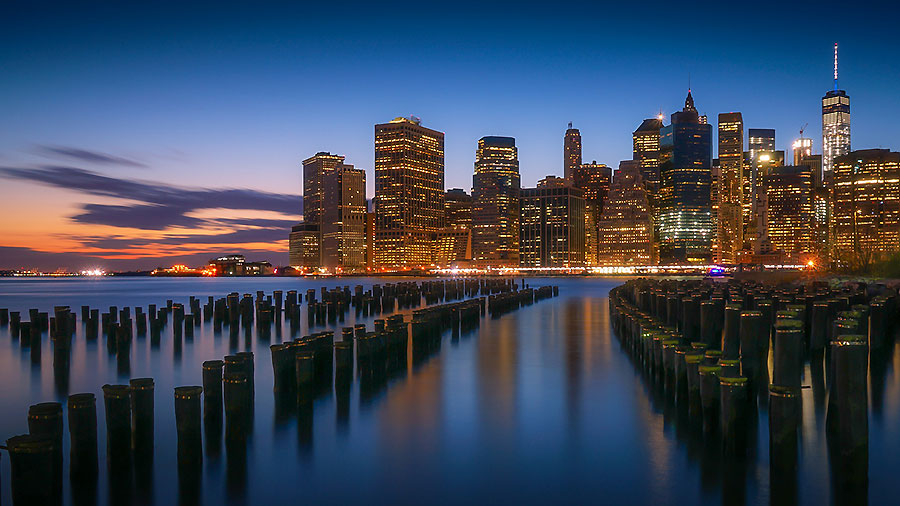

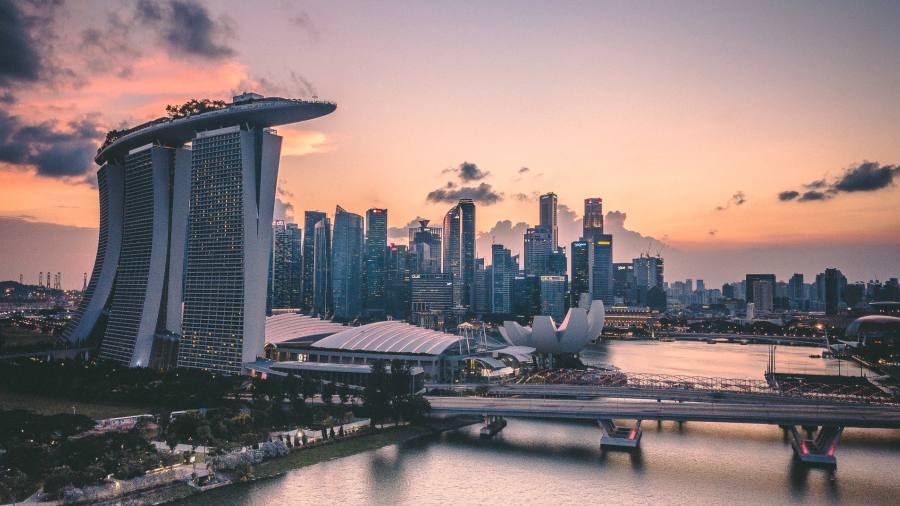
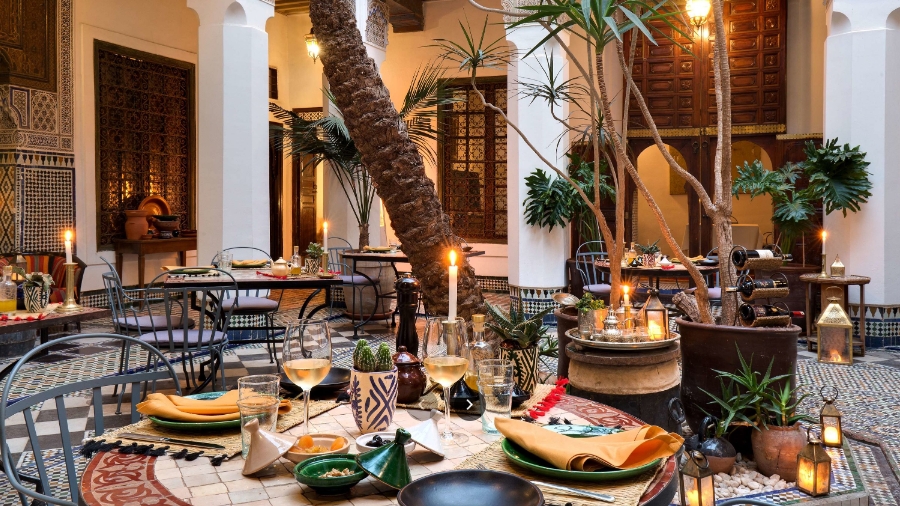

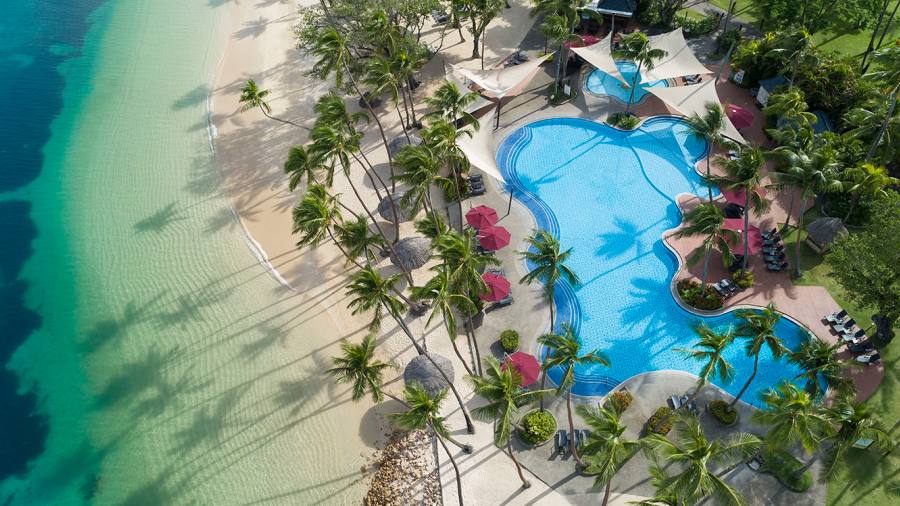

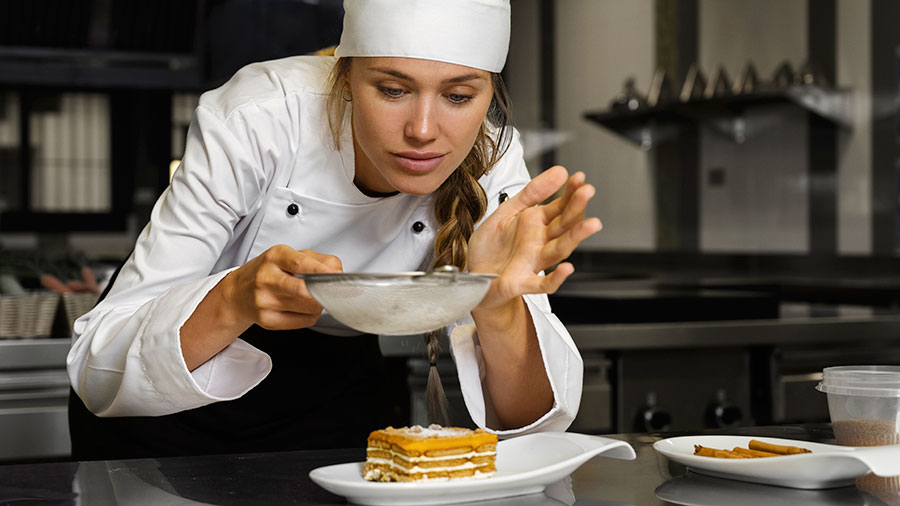
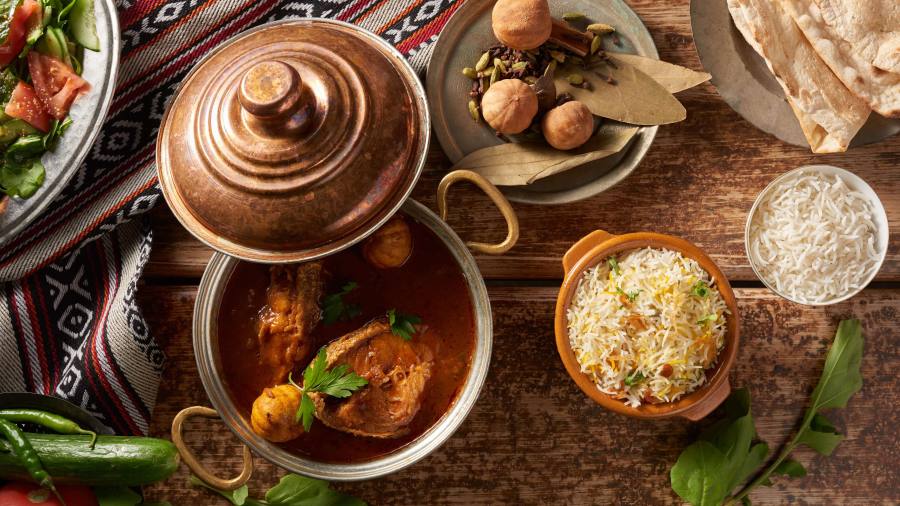
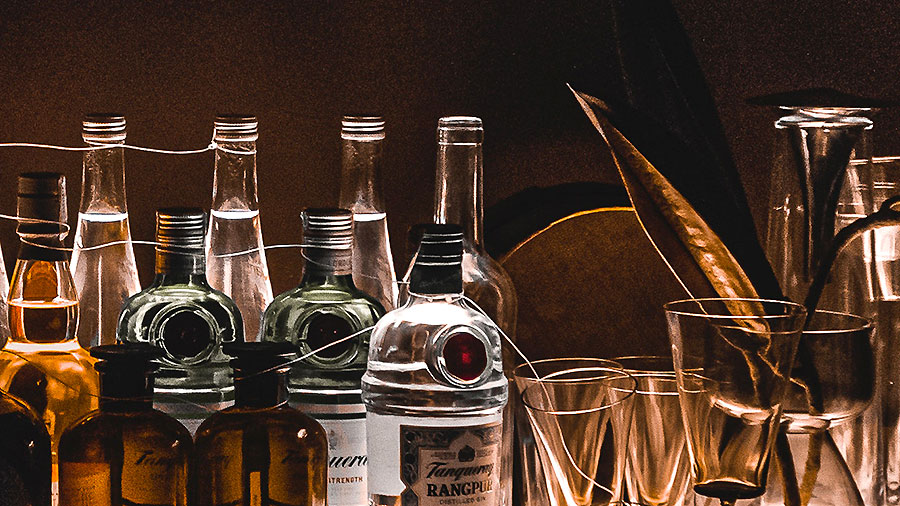
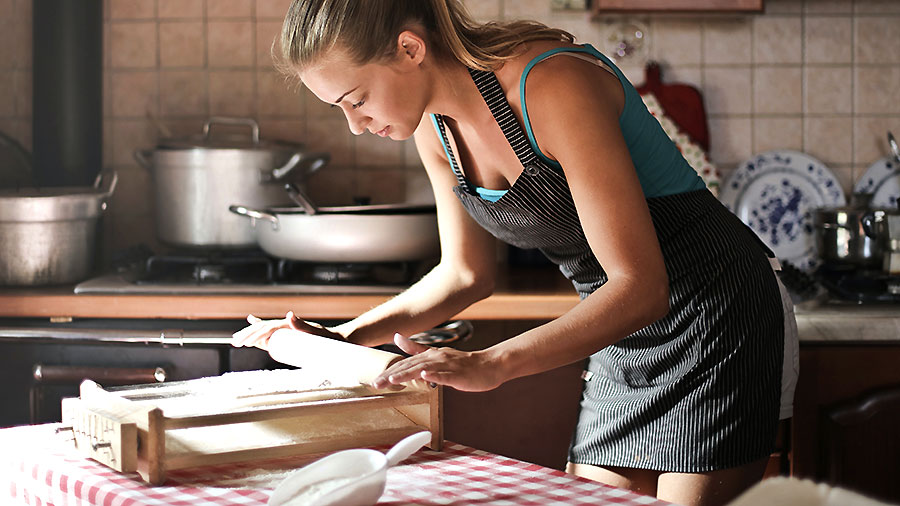
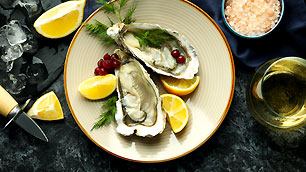 Must Try Foods
Must Try Foods
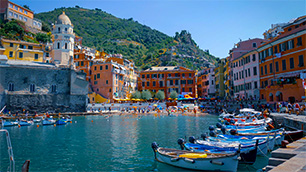 Gastronomy Cities
Gastronomy Cities
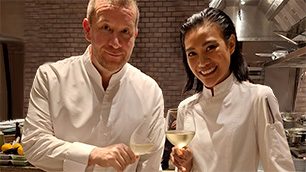 Chef's Talk
Chef's Talk